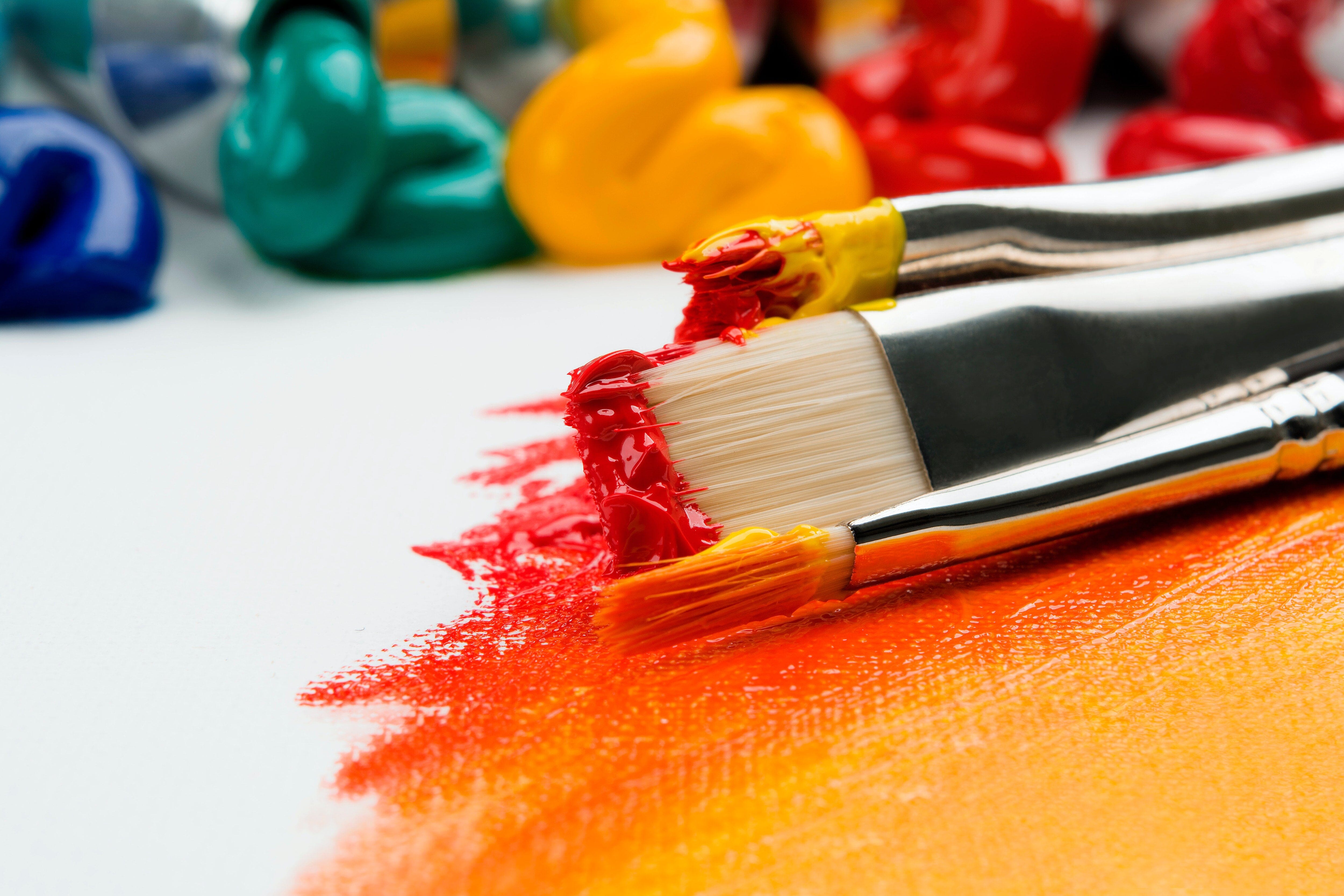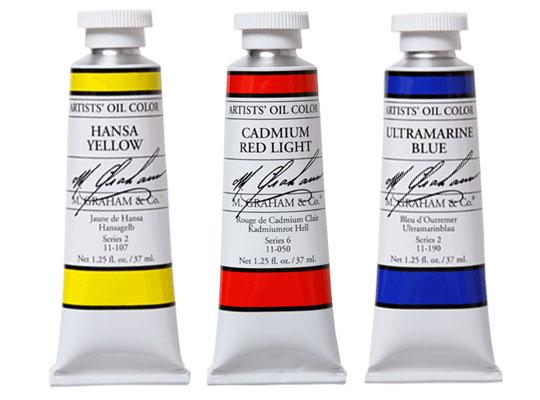What is a Deckle Edge?

What's so great about a deckle edge?
Once upon a time the deckle edge was an unavoidable feature of the handmade paper-making process. In reality, the uneven deckle edge was often a source of annoyance to publishers and print-makers because it makes aligning things a bit of a nightmare. Later in the 19th century, the industrial revolution changed the paper-making process to mass production by machine. However, after many decades of machine-made papers there has been a gradual change of perception. Now-a-days, papers featuring a rough deckle edge are assumed to be handmade and high quality papers; a status symbol of sorts.
Materials:
- papers (mixed media papers that can handle water applications work best)
- small-ish paint brush (1/4" - 1/8")
- water
- ruler - not cork backed (you want it to lay flush against the paper)
- water-proof work surface
Step 1

- choose your paper and lay it on your non-absorbent work surface
- decide where you want your deckle edge
- leave yourself roughly a one inch margin on the edge
Step 2
- hold ruler firmly in place
- soak brush in water and generously apply water along the edge of the ruler


- repeat this several times for thicker papers until you can see the paper getting wet all the way through
- let it soak in a few minutes
Step 3
x
- press firmly on the ruler and begin to pull away from the ruler
Helpful Tip: Pulling away from the ruler will give a very rough and irregular edge. Pulling up towards you will give a more uniform, slightly fuzzy edge.
x
x
Our DIY Deckle vs. Arches
The best and most well-recognized example of a modern, handmade, high-quality paper would be Arches watercolour papers. Arches has been making papers in the same way for hundreds of years; by hand. The irregularity of the surface texture and the deckle edge are two of Arches most desirable attributes.
Let's see how our pseudo deckle edge compares to the real thing...

Looks like the real thing to me!









